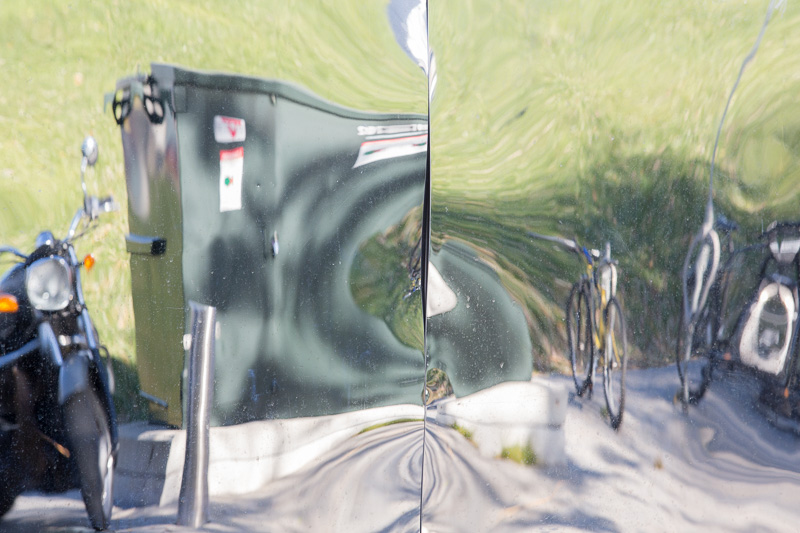While I’m in self-isolation, I periodically dip into my image archive and discover, almost by random, photographs I made years ago which leave me scratching my head and wondering: why did I not include that in my portfolio? If not in my portfolio, why did it not even register as a candidate?
The way these photographs leap out at me, I’ve noticed a pattern. Invariably, they are photographs that have been easy for me to make. I may have been walking down a street when all the elements of a good photo fell together in front of my eyes—a shaft of light, a person moving through the frame, a configuration of colours—and I have responded in the moment. I raise my camera, frame the shot, and click. From start to finish, it might take less than a second.
How can something be any good if it took less than a second to make? Where was the effort? Or, more to the point, where was the suffering?
I grew up in the chilly arms of the Protestant work ethic which is stunningly devoid of grace. You can only deserve what you merit. In the photographic world, that means an image can’t be truly good unless the photographer suffered in its making. Imagine it otherwise. The sheer hubris! To waltz before the gods of photography and confess that what you did required no planning, engaged you in no thoughts of deeper meaning, and was shot using automatic settings.
Given my predilection for suffering, the only way I can warm to those of my photographs that required none is to return to them years after the fact when I have forgotten how little I put into them. Then, forgetfulness stands in as a good substitute for grace.

